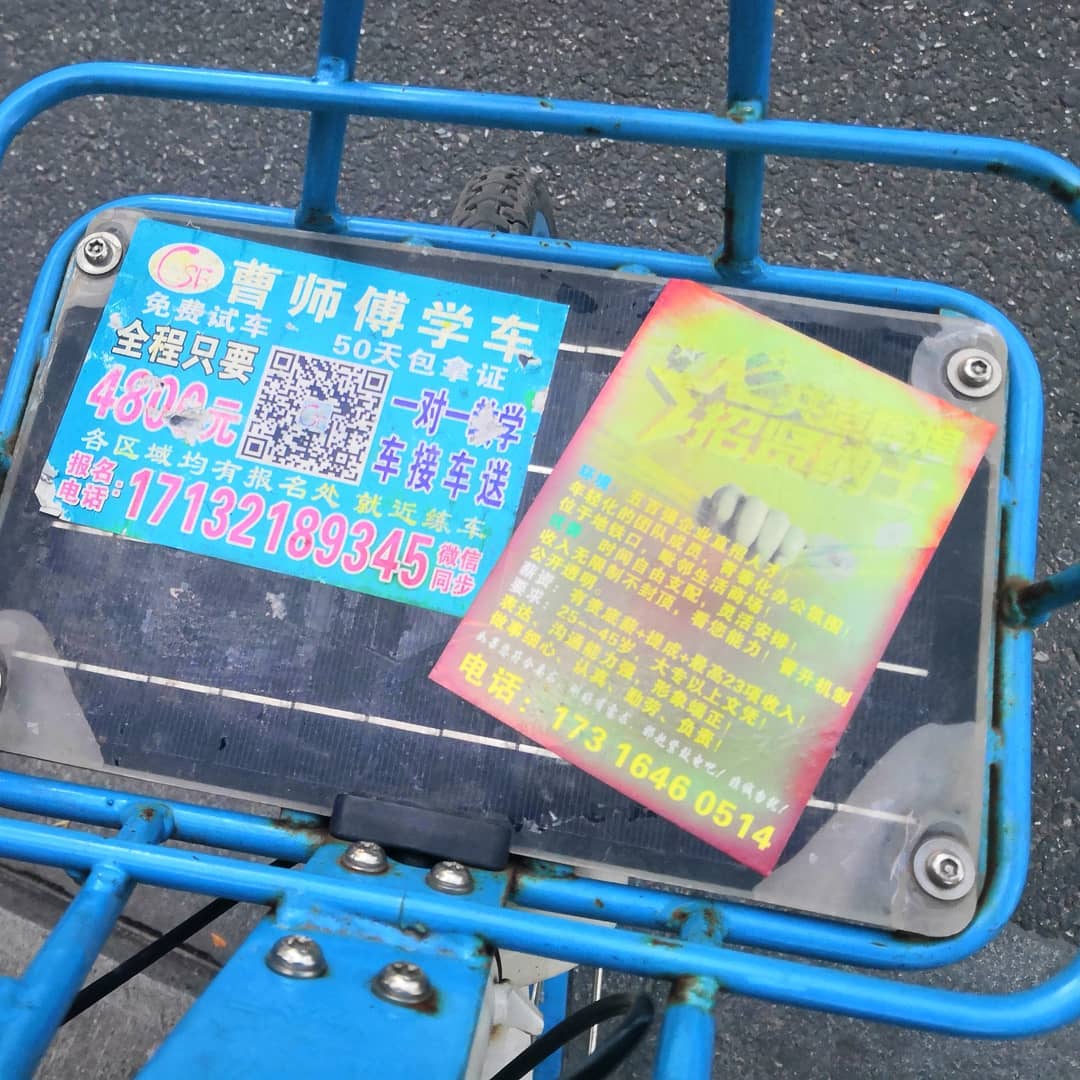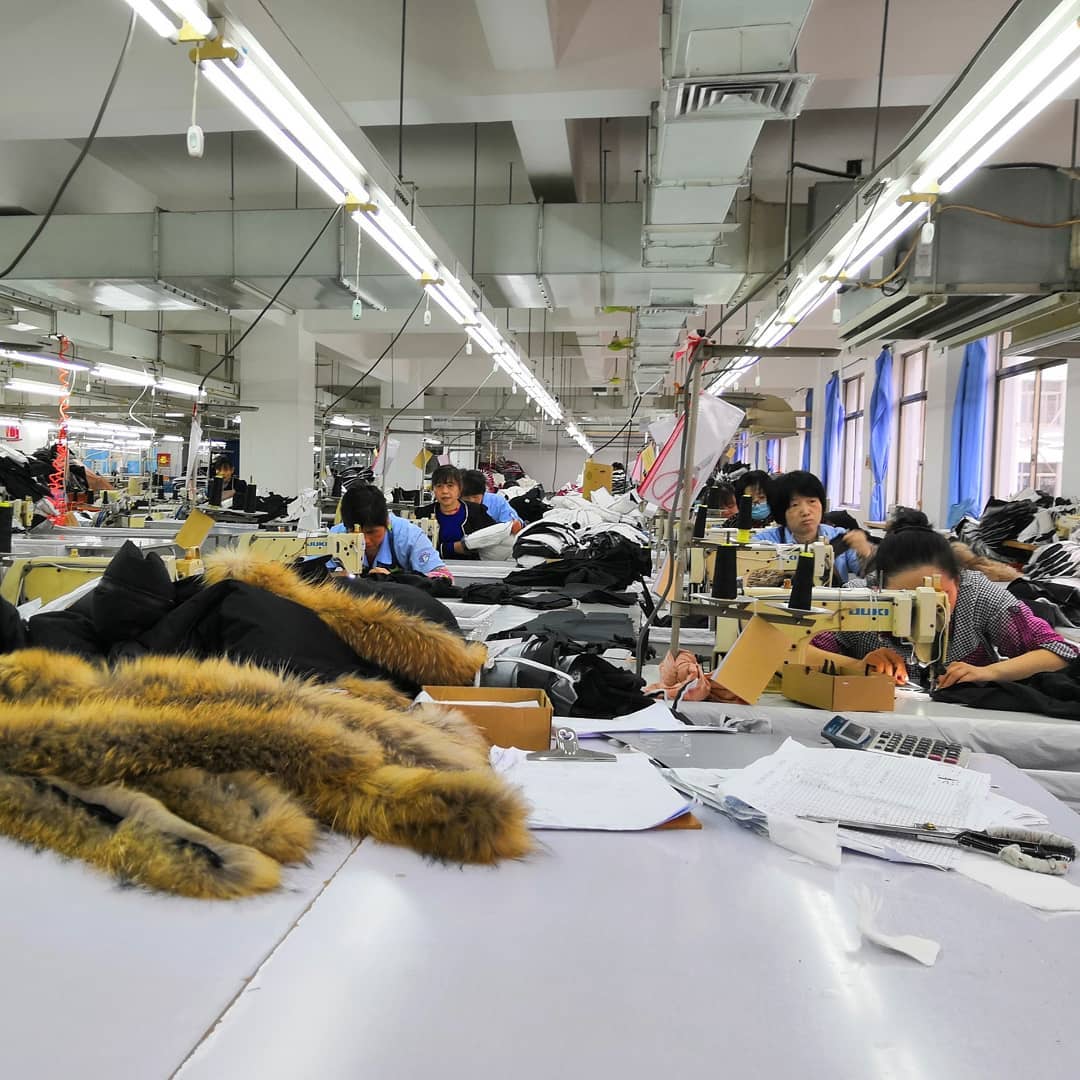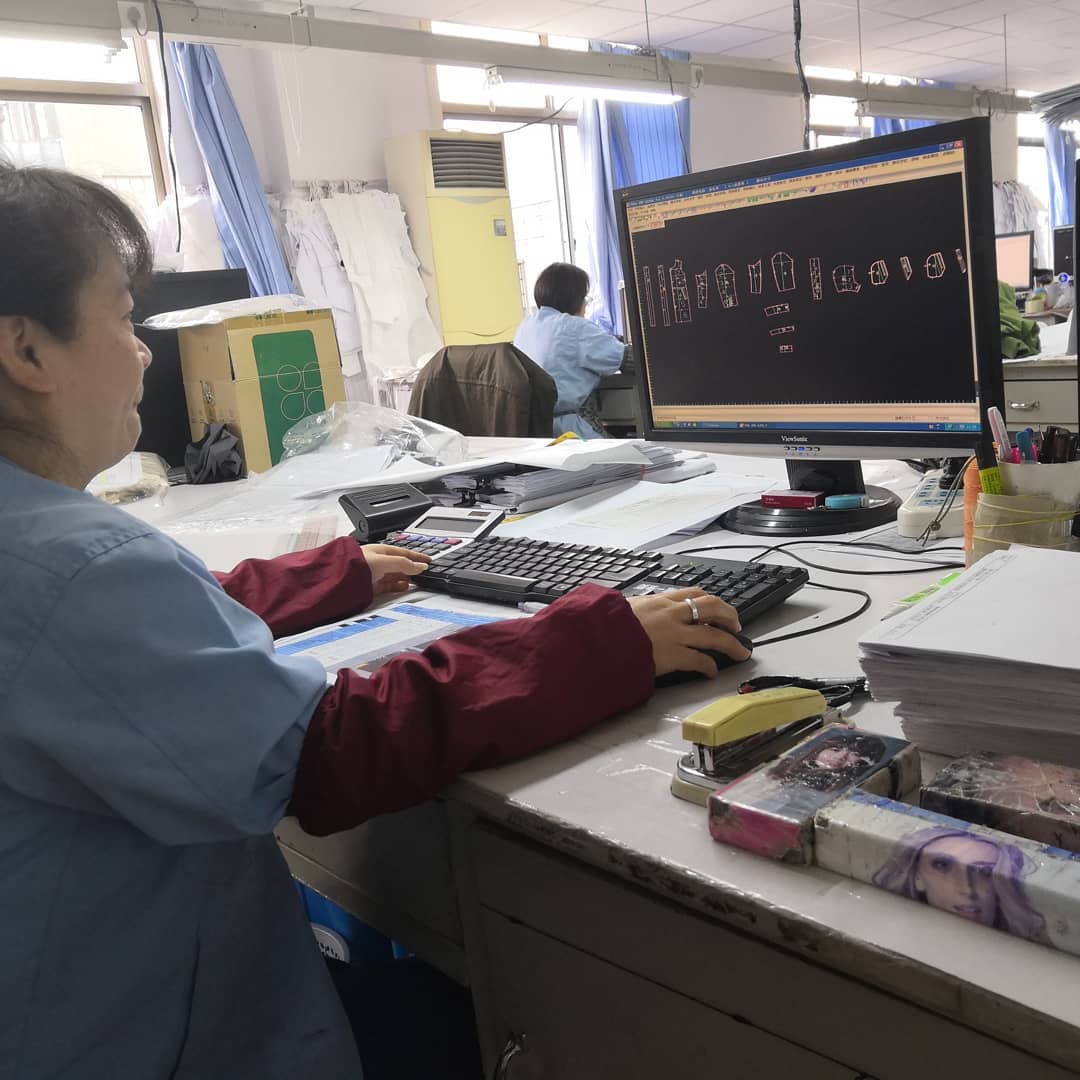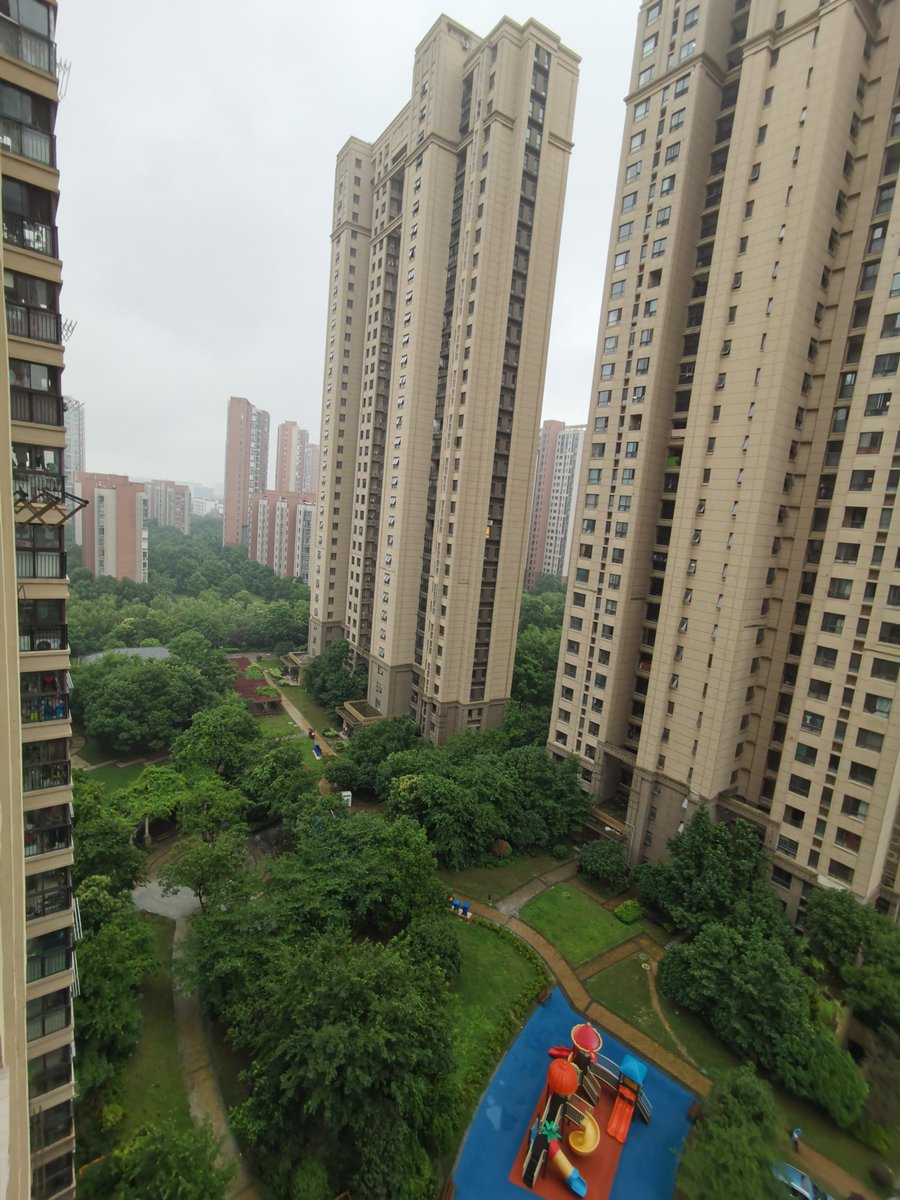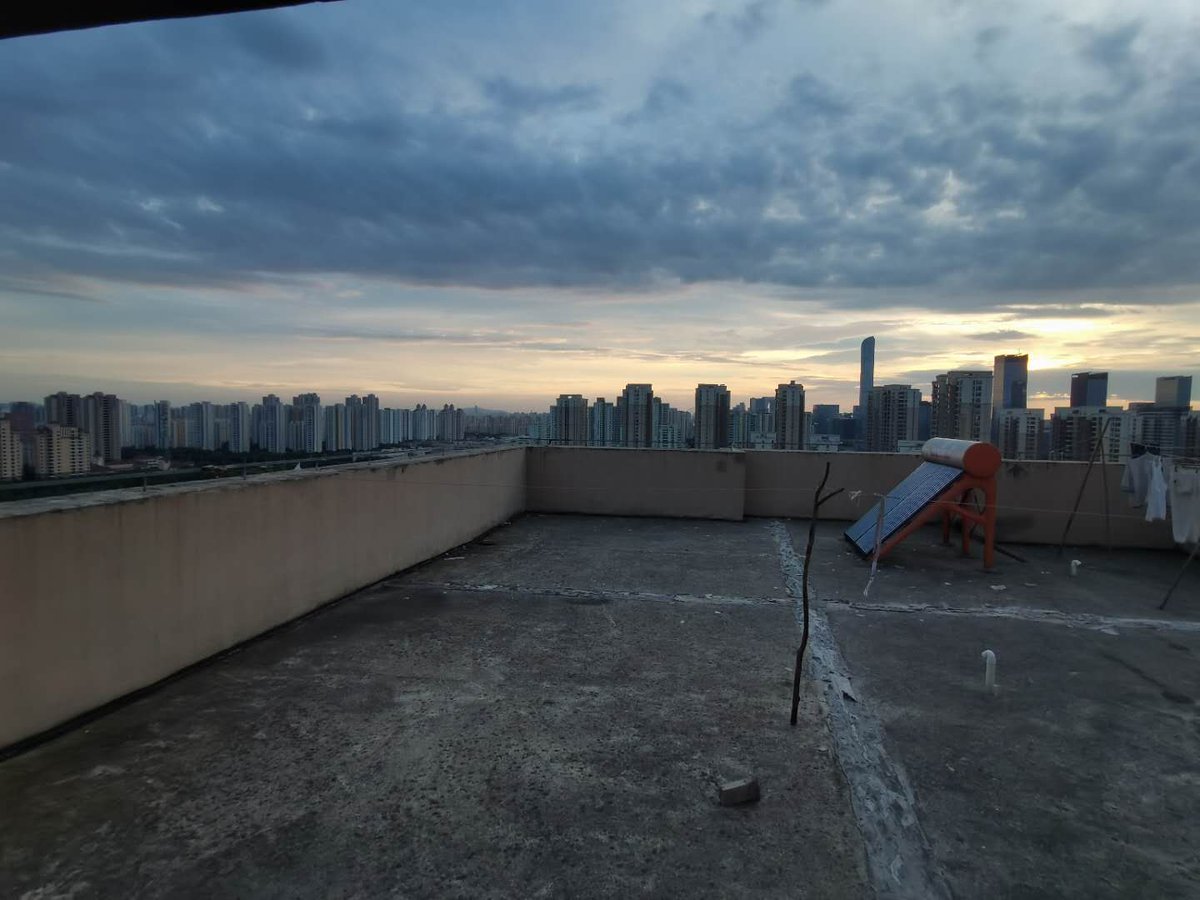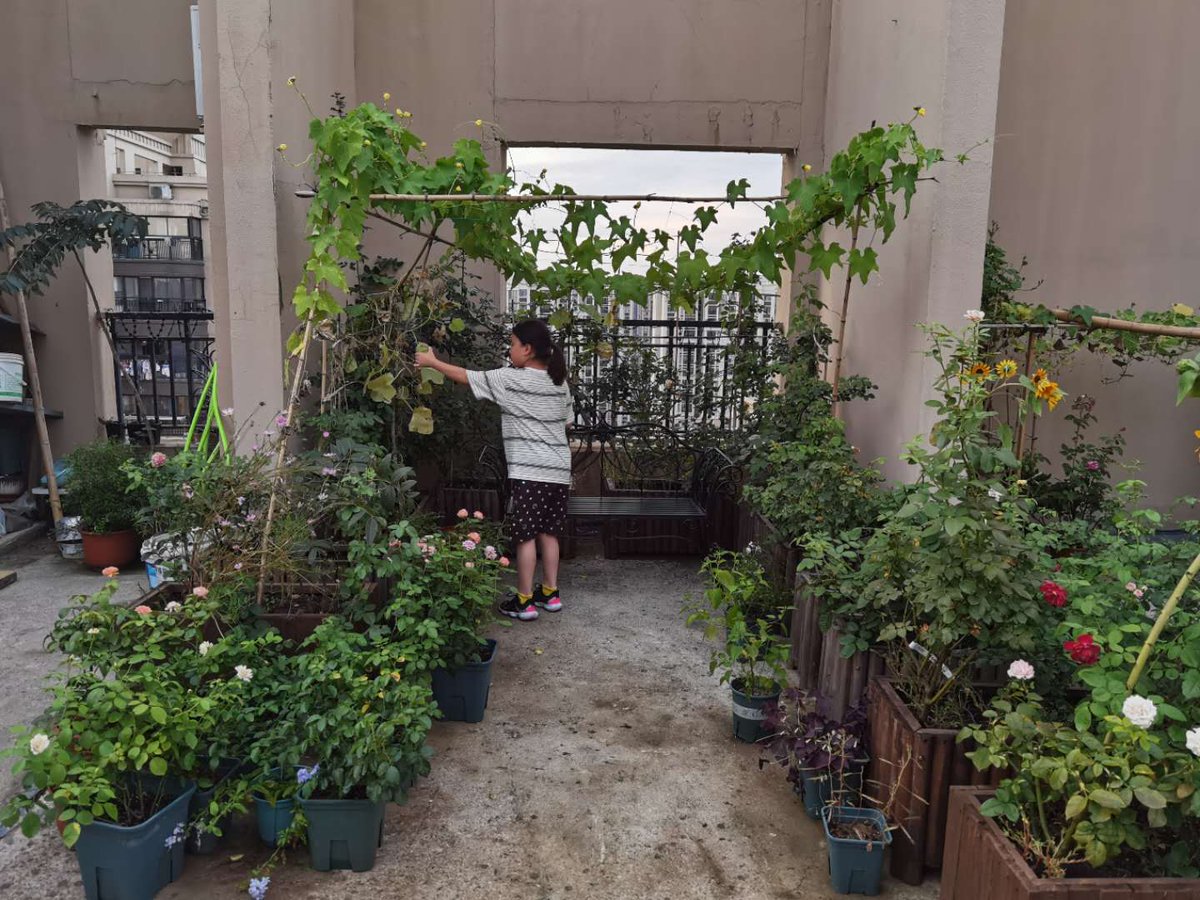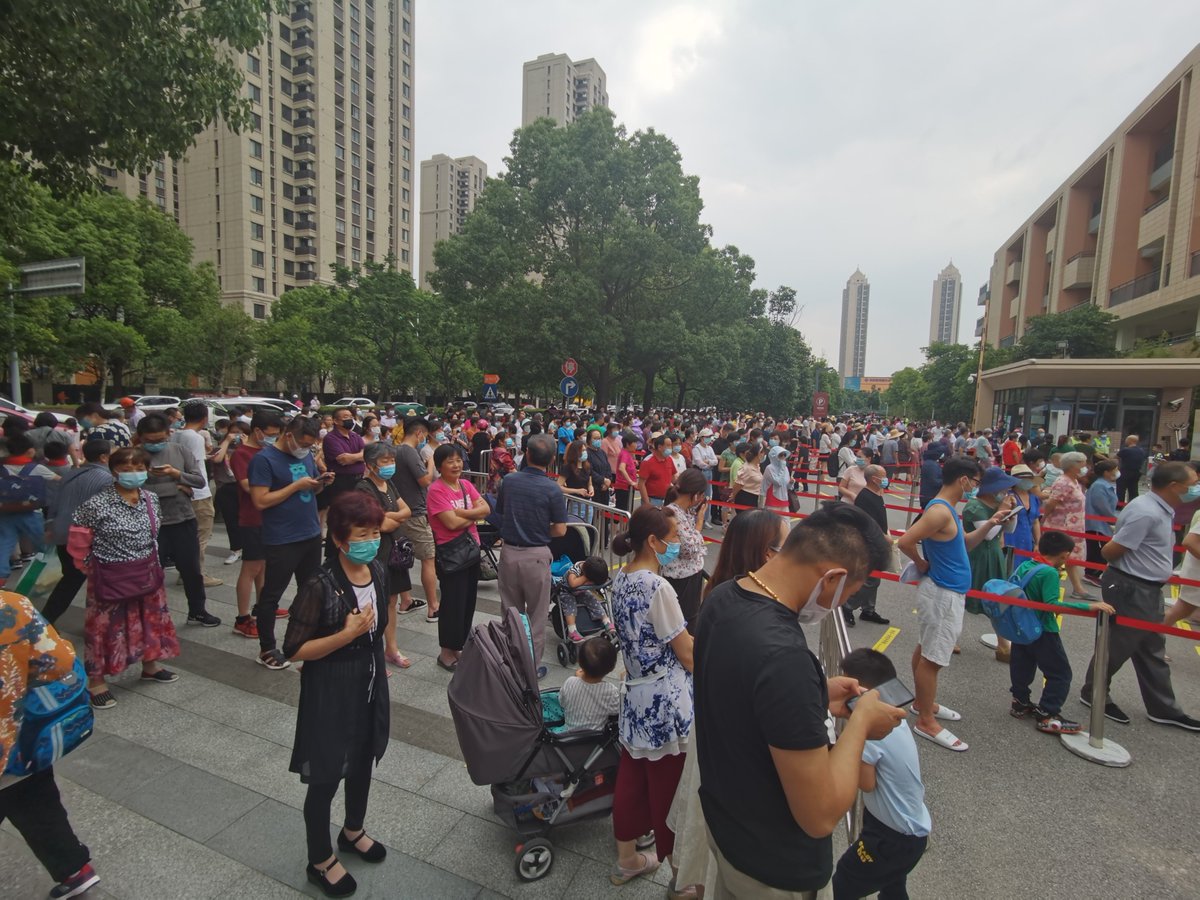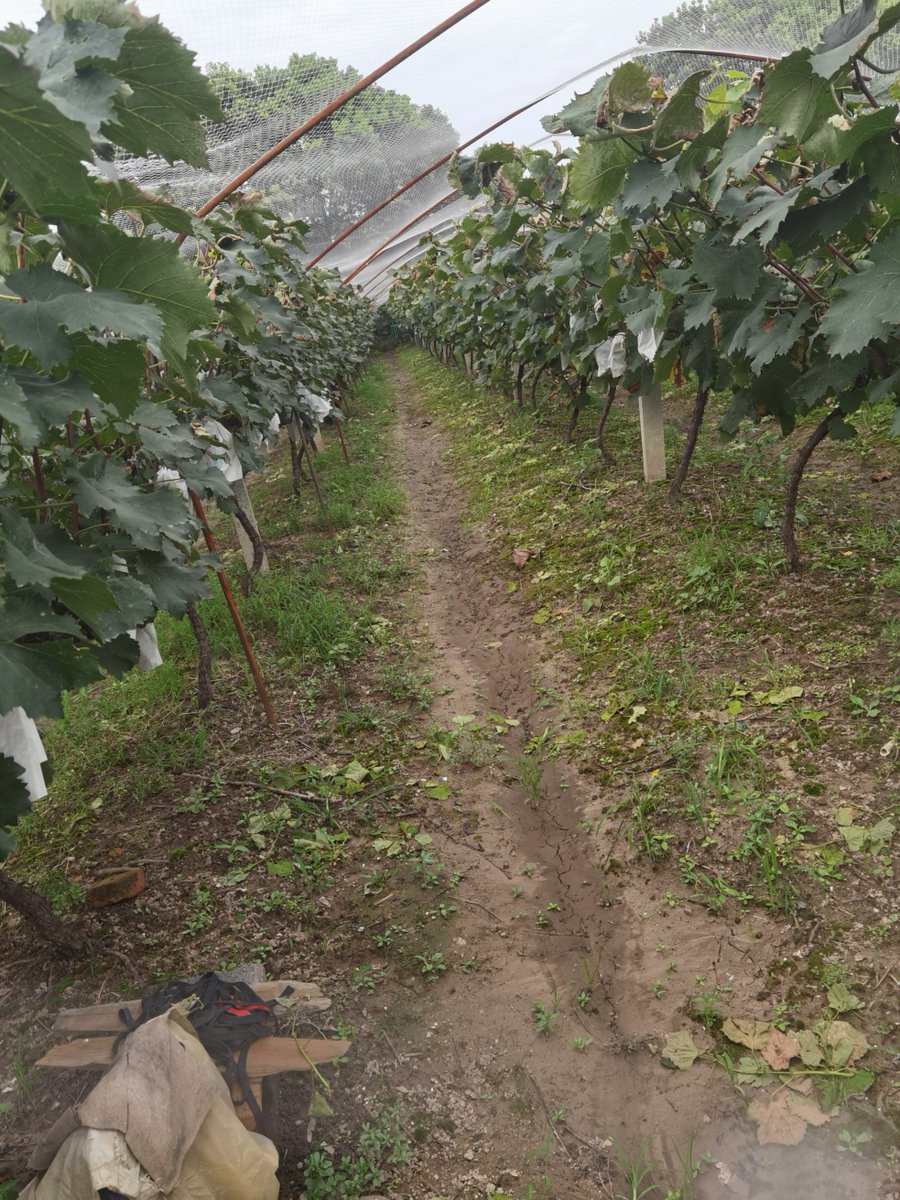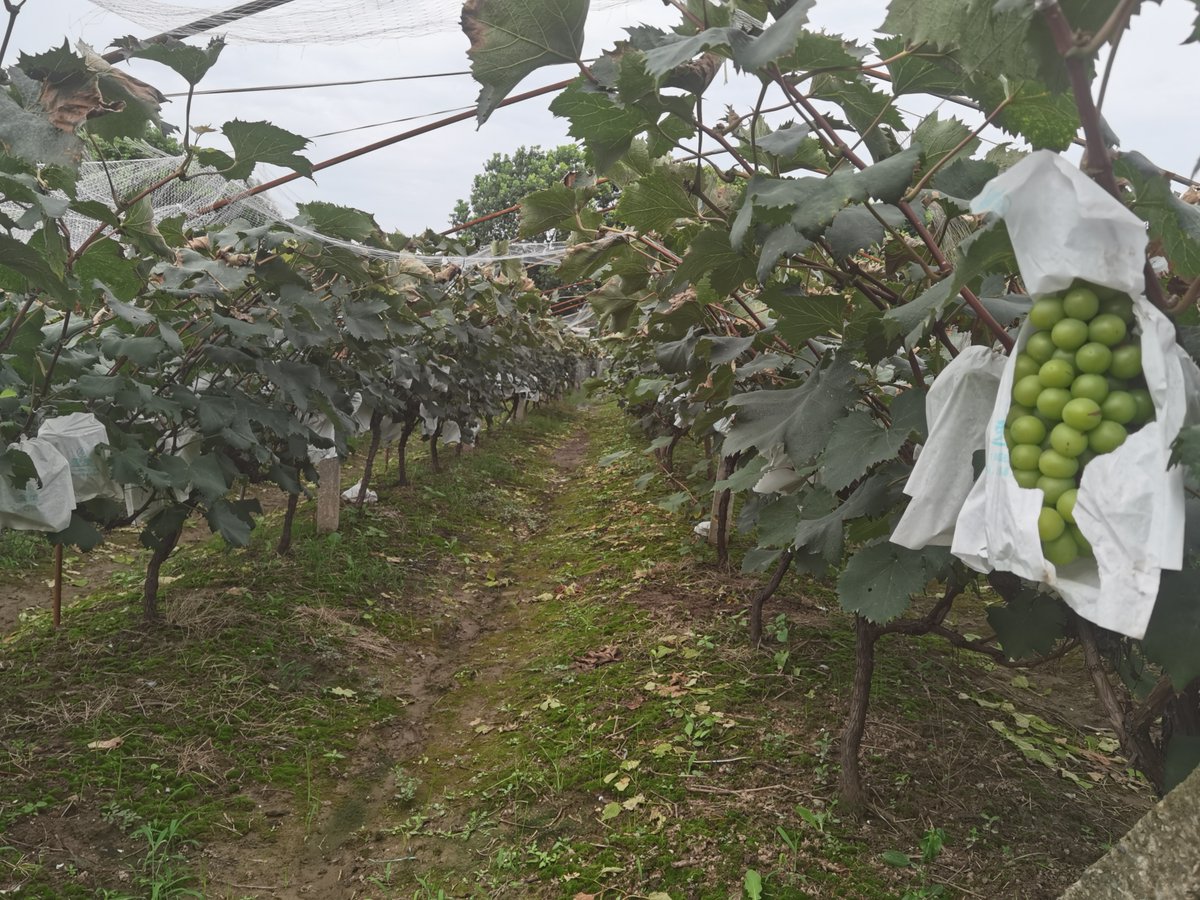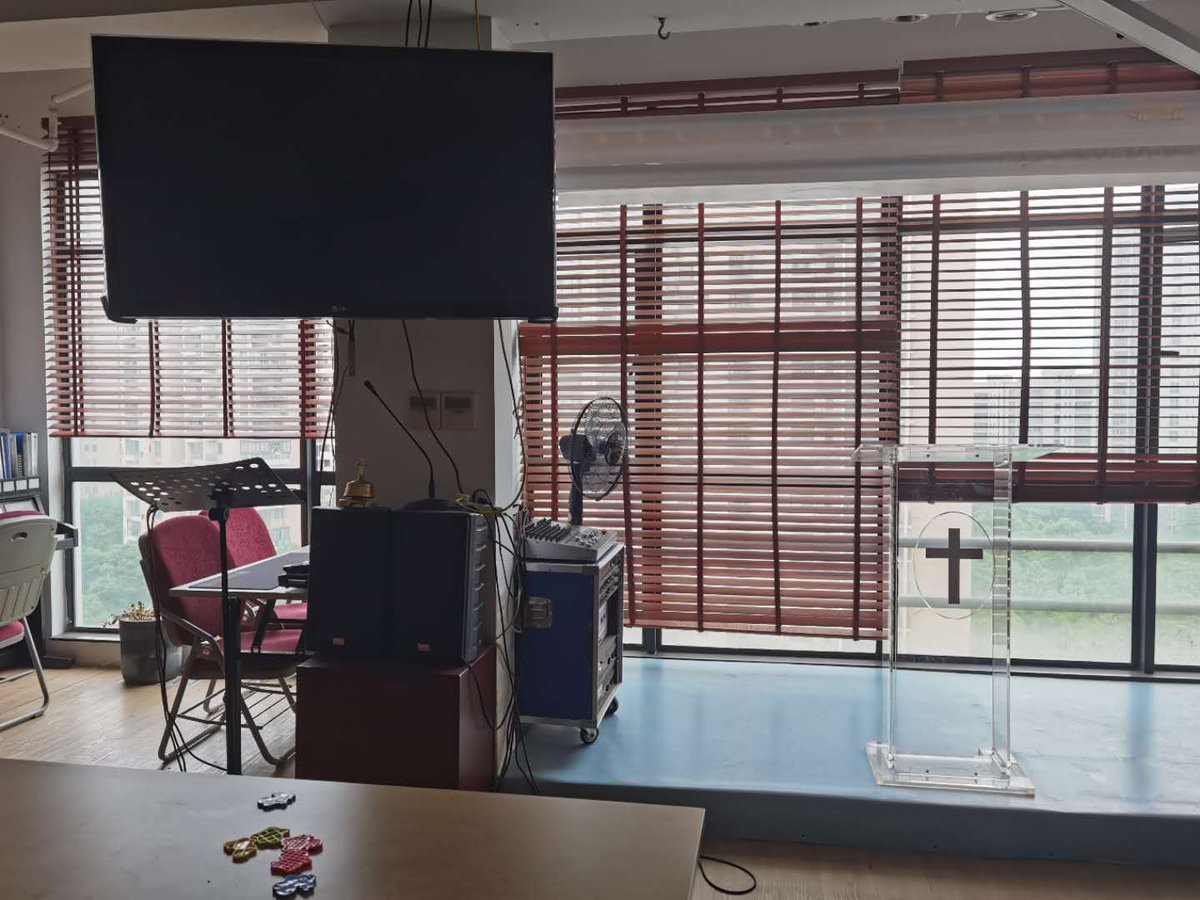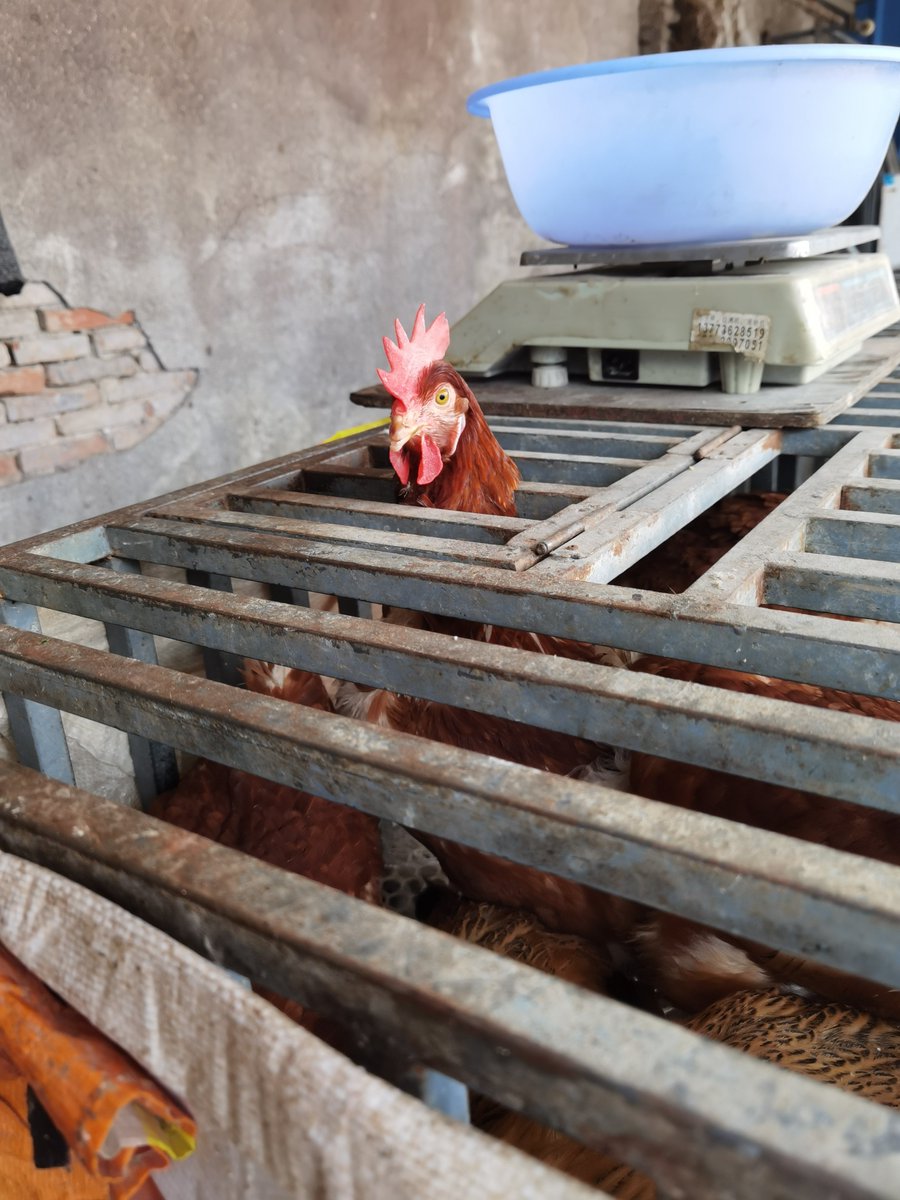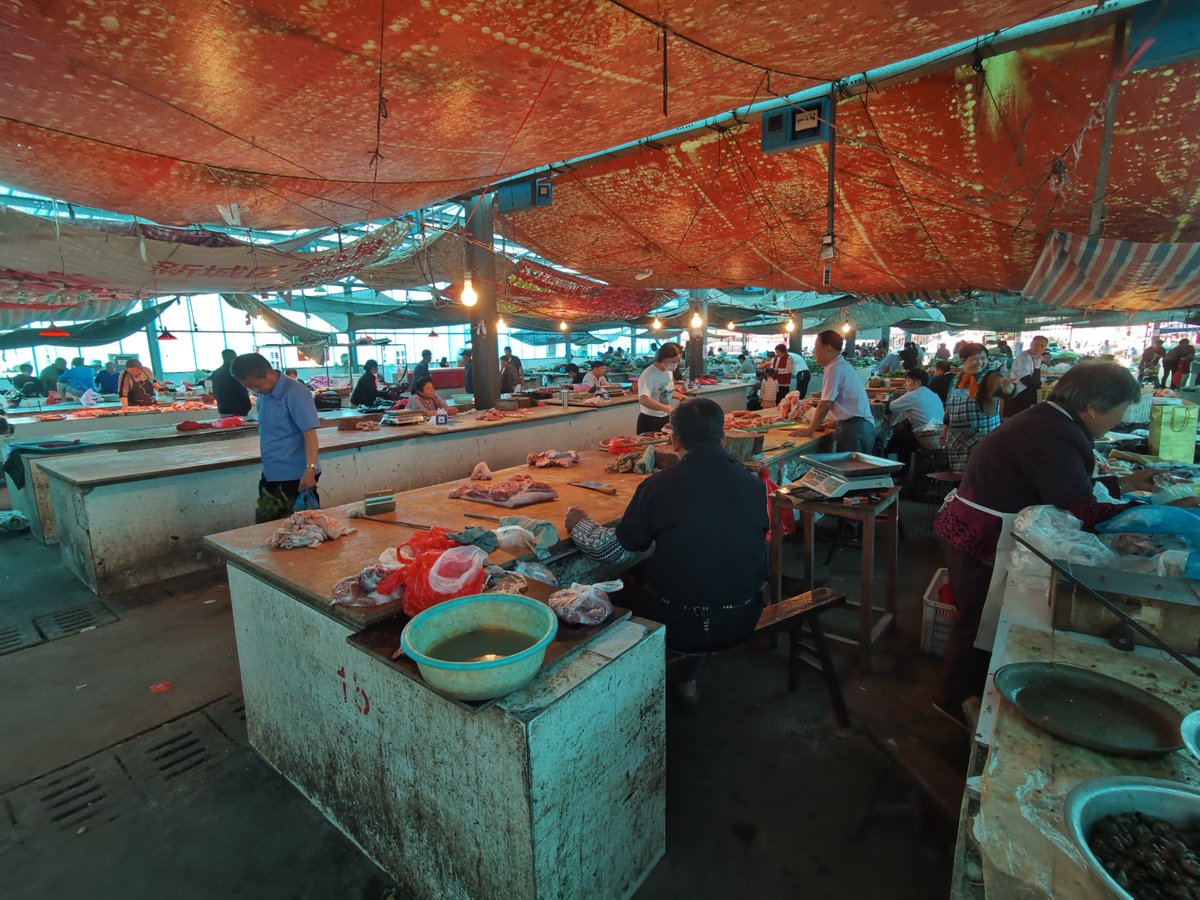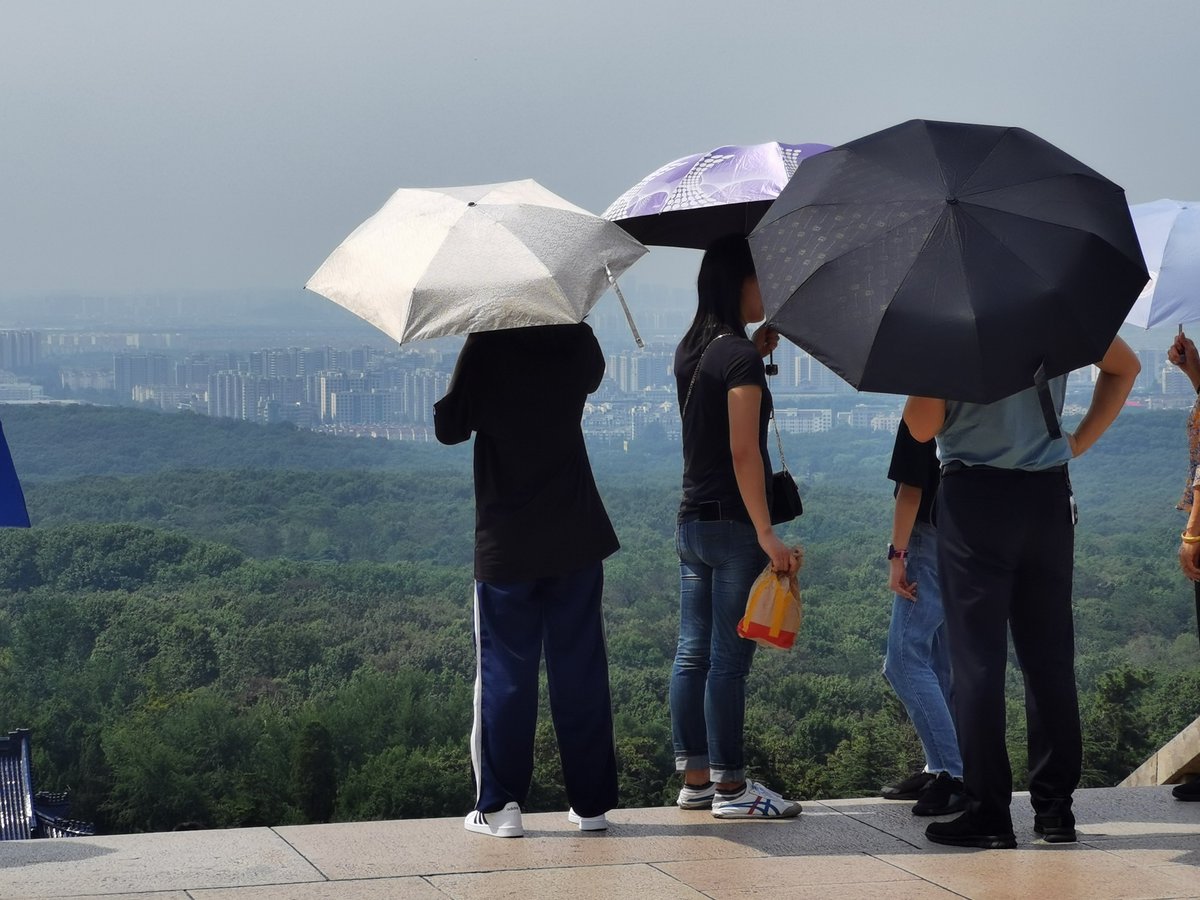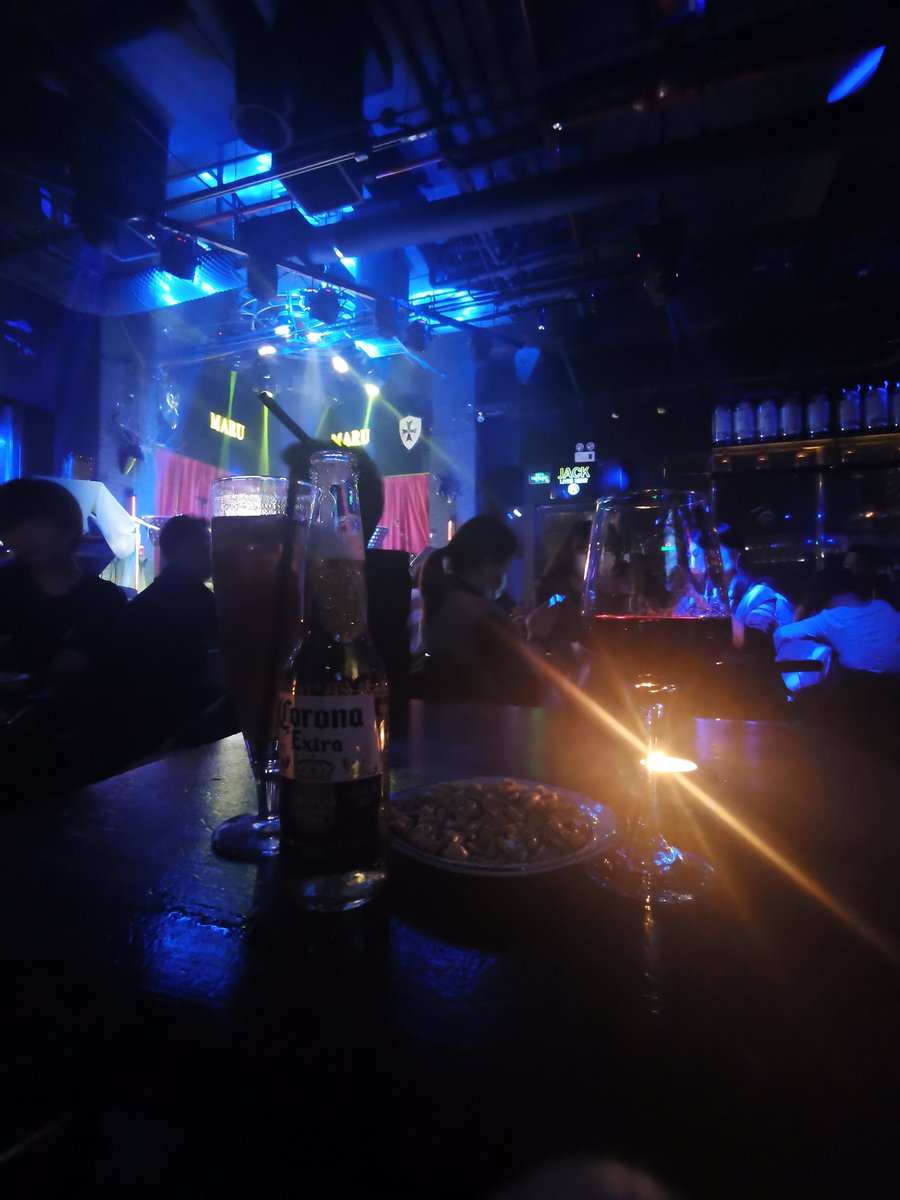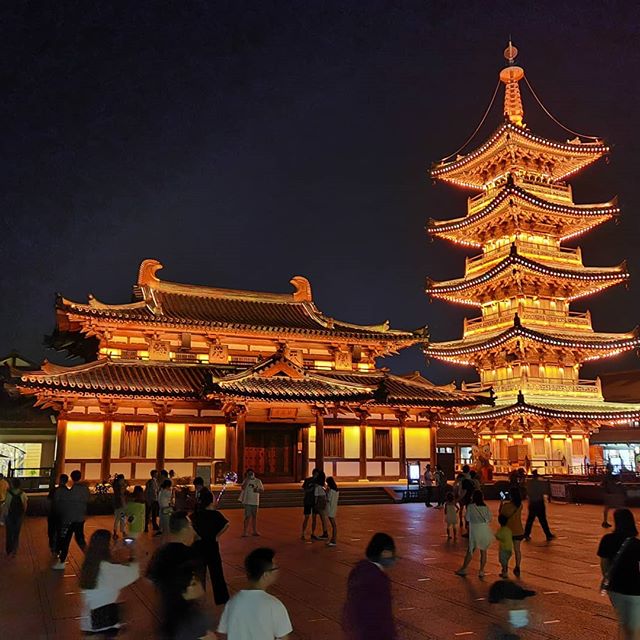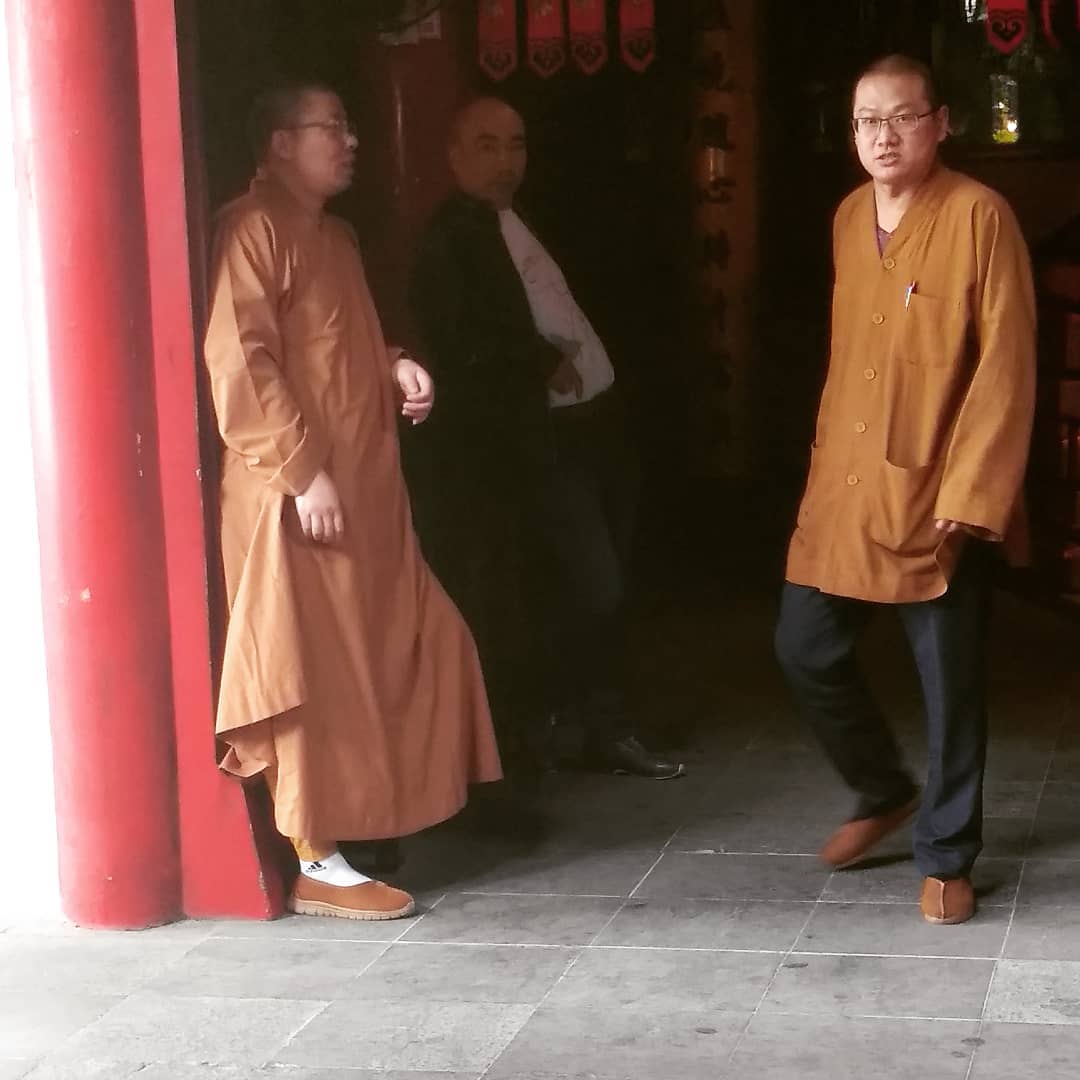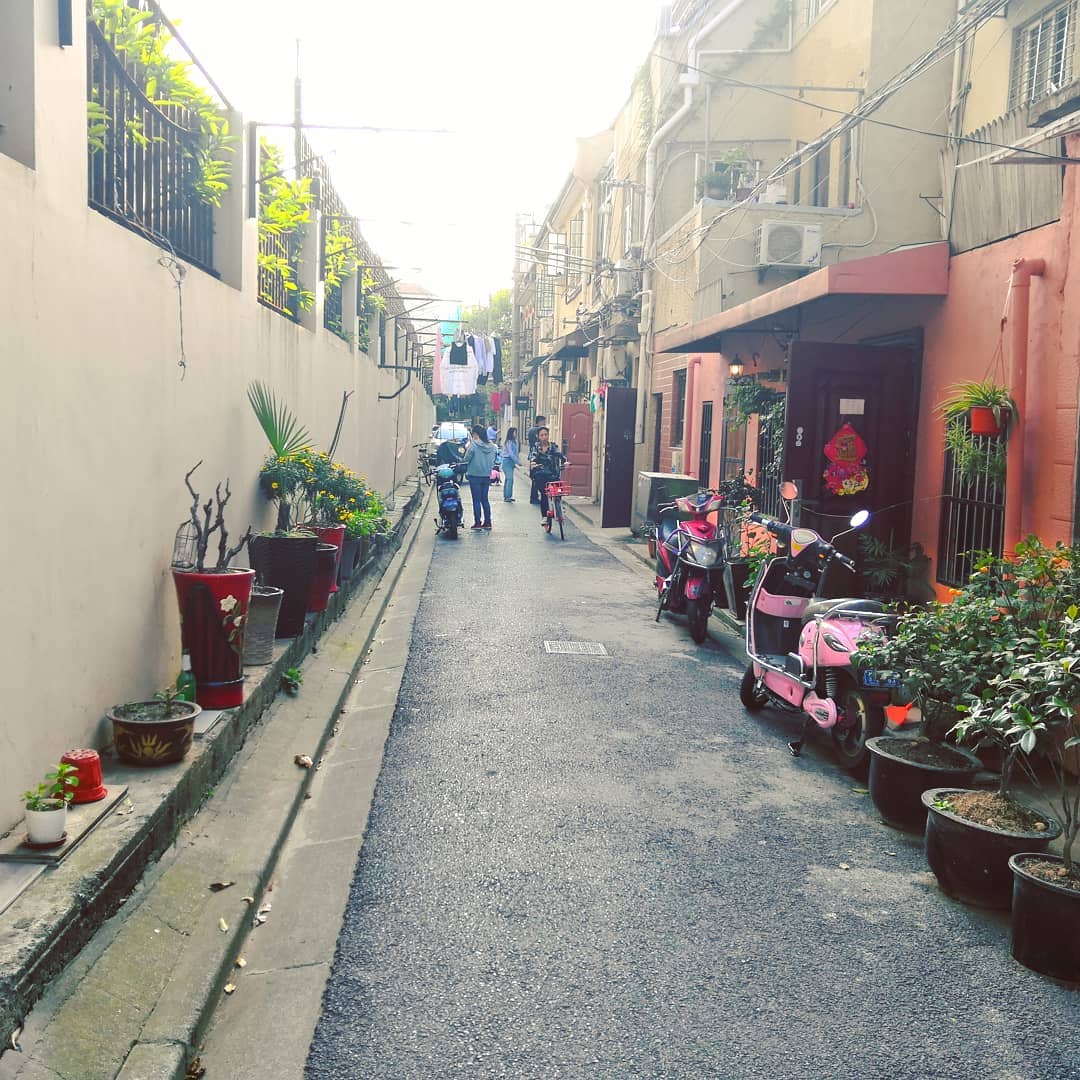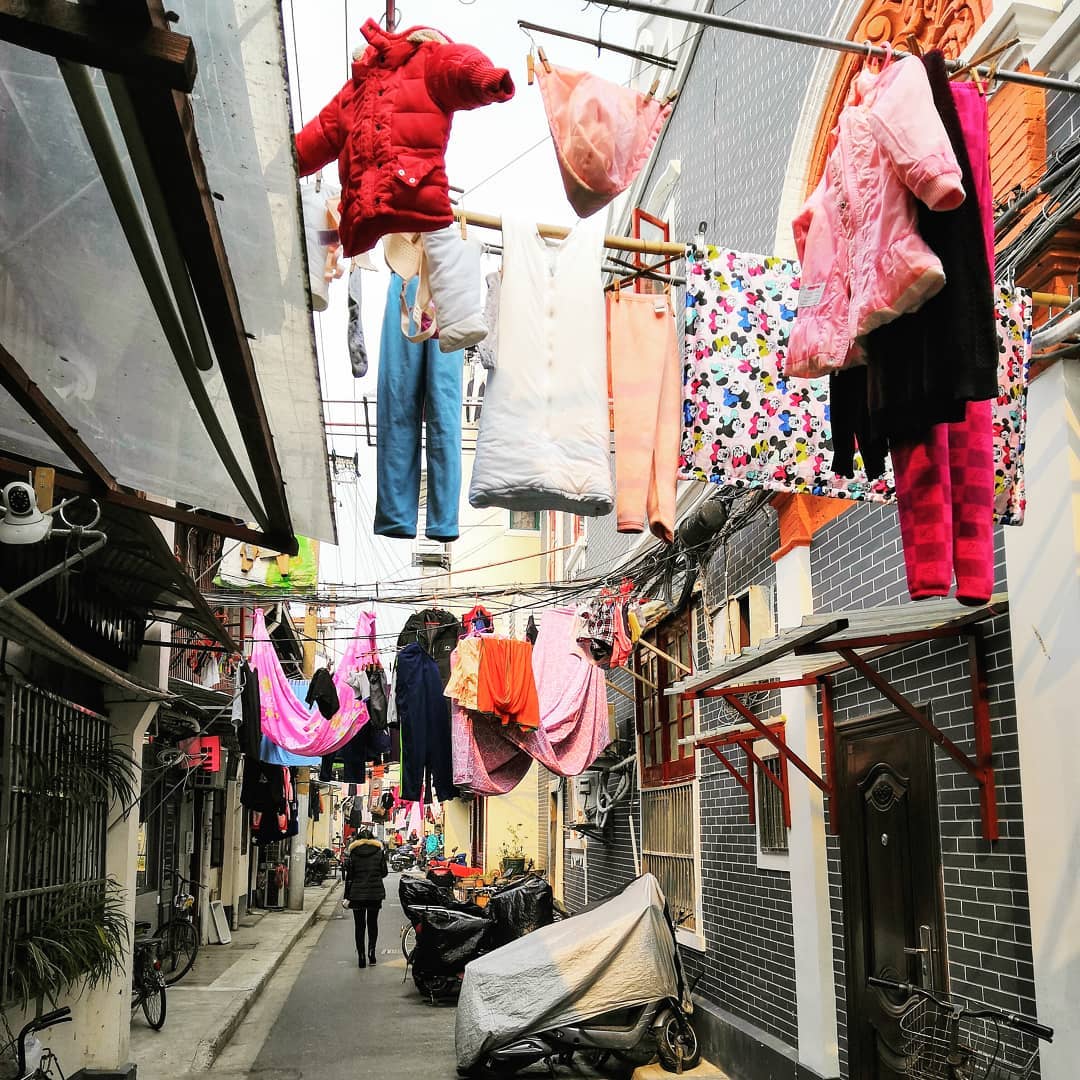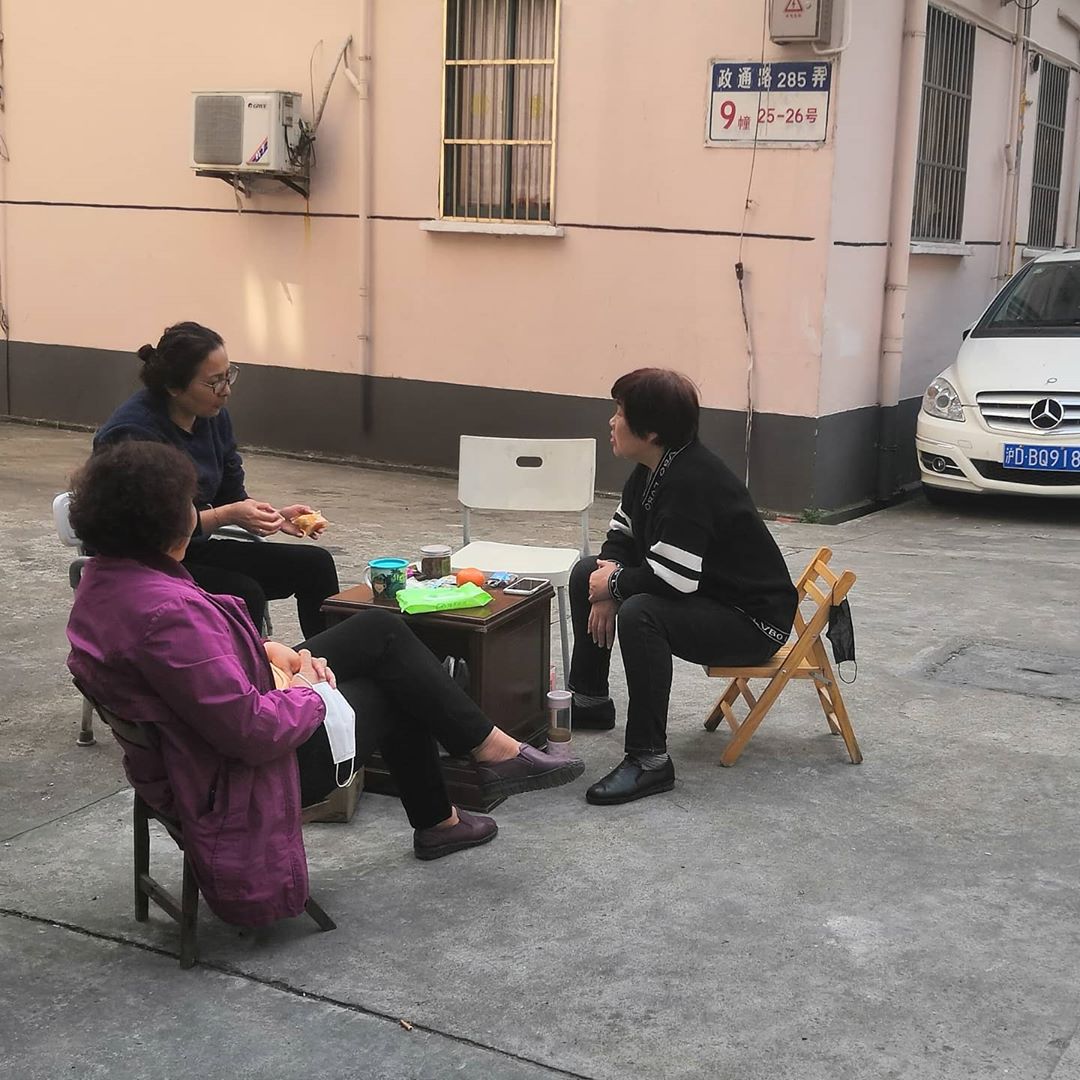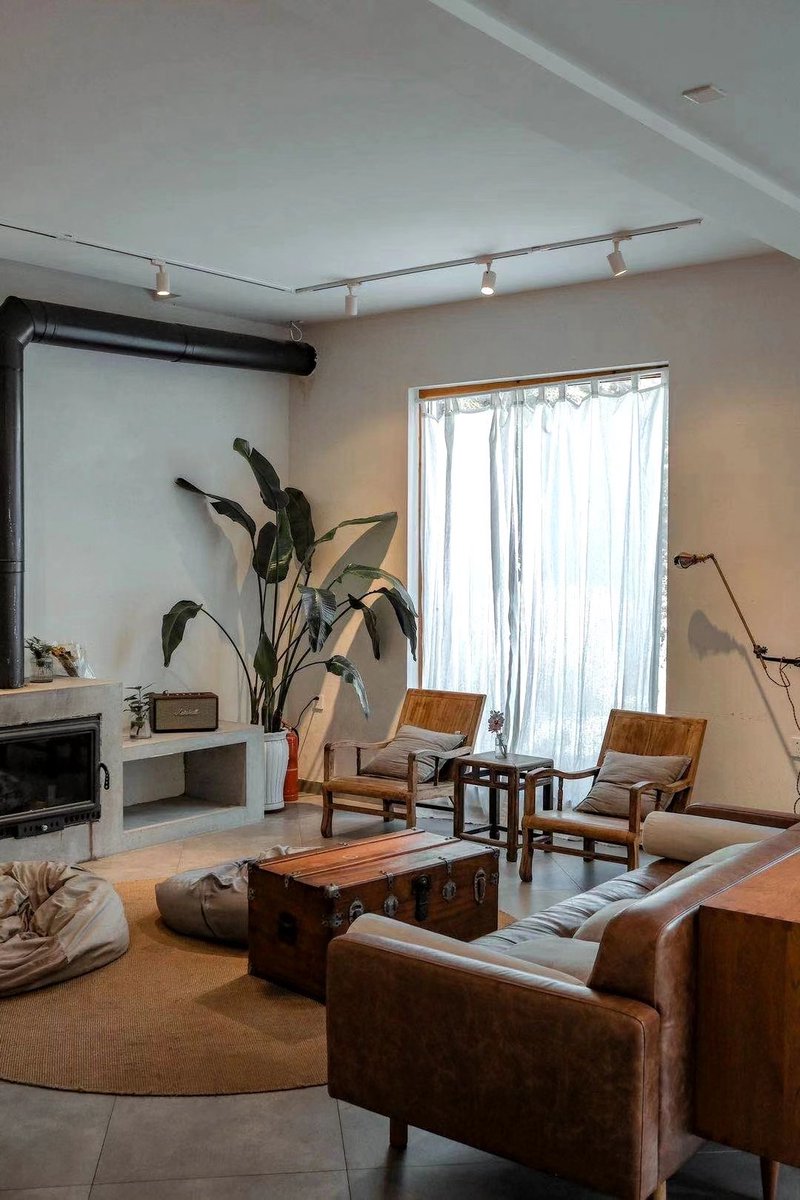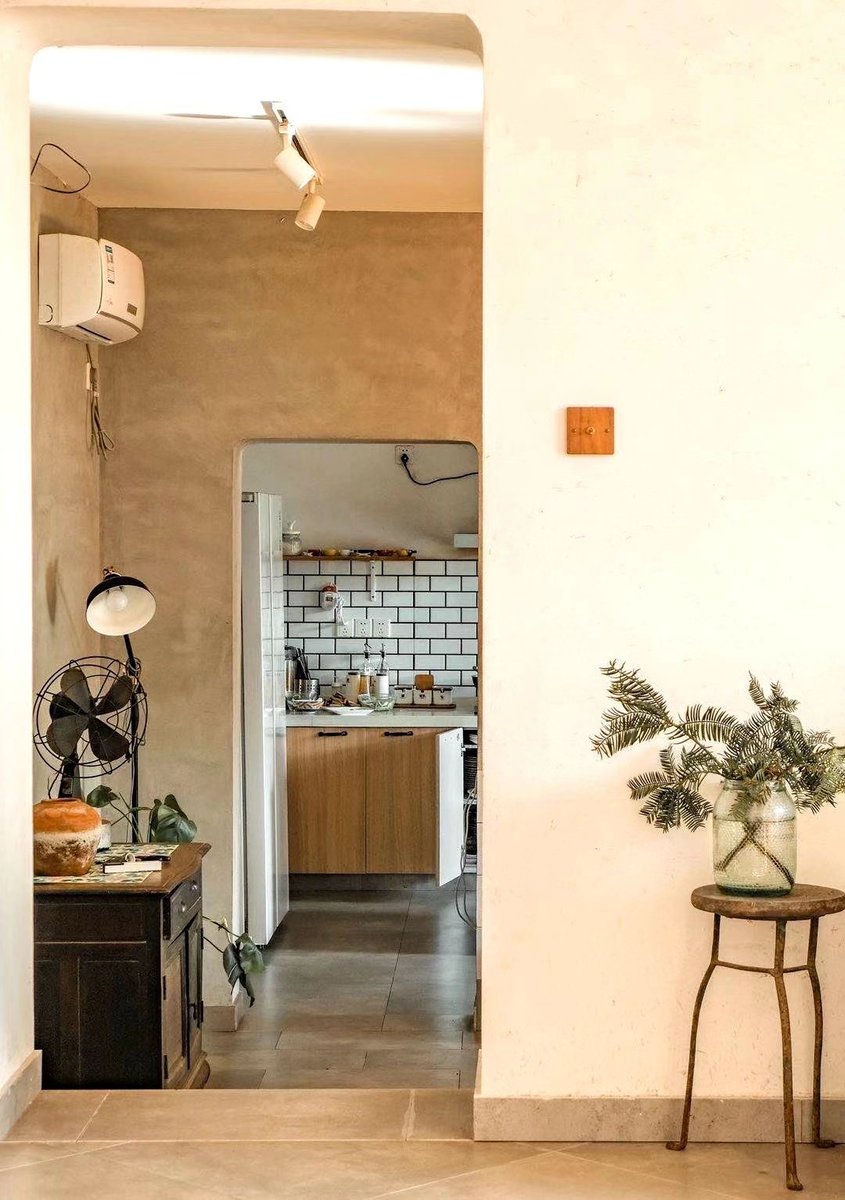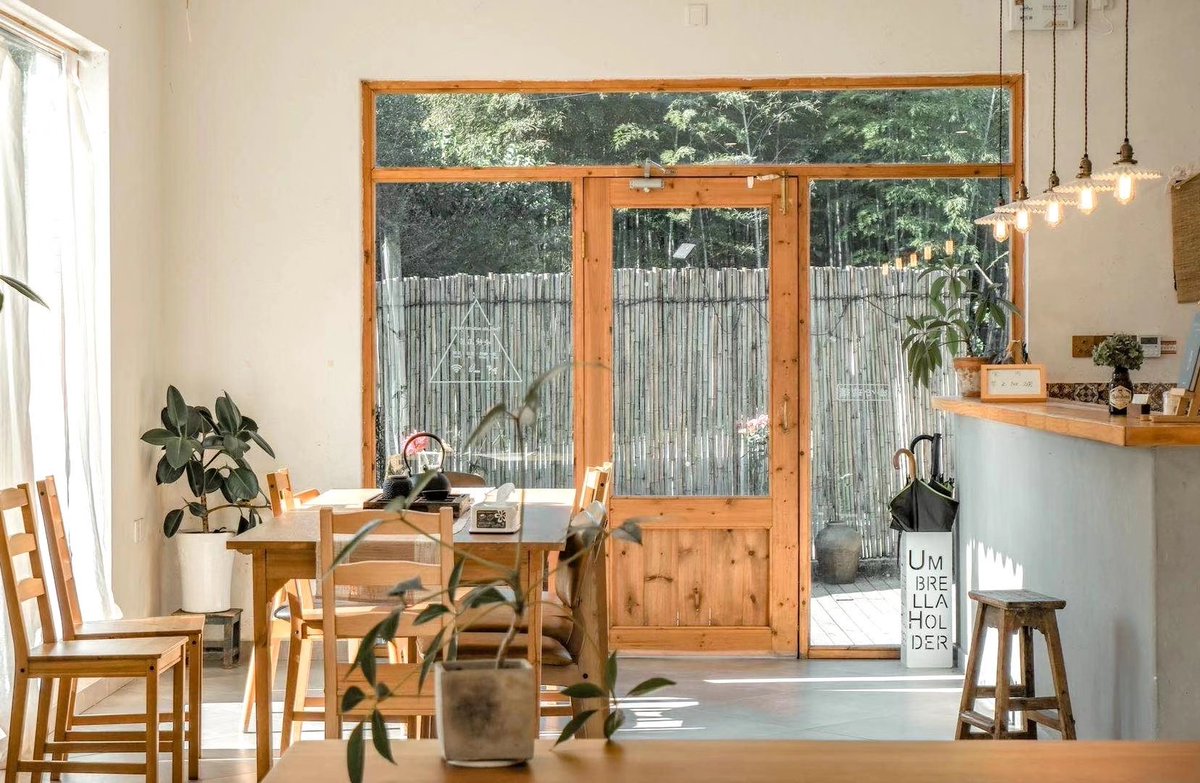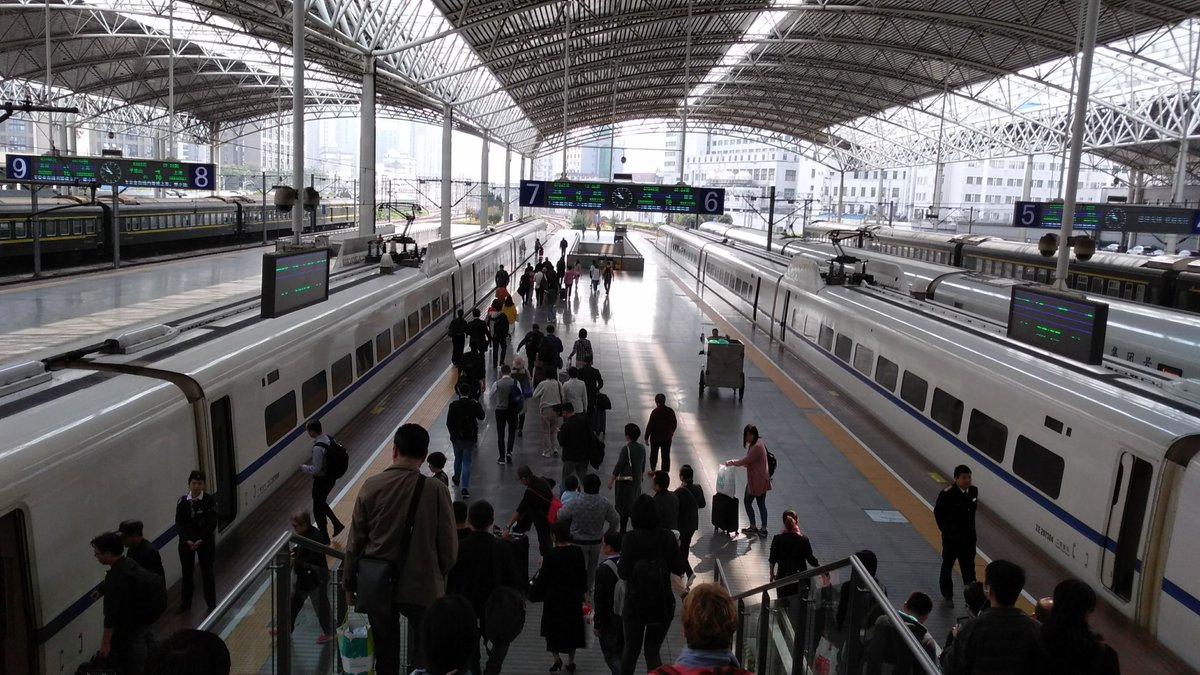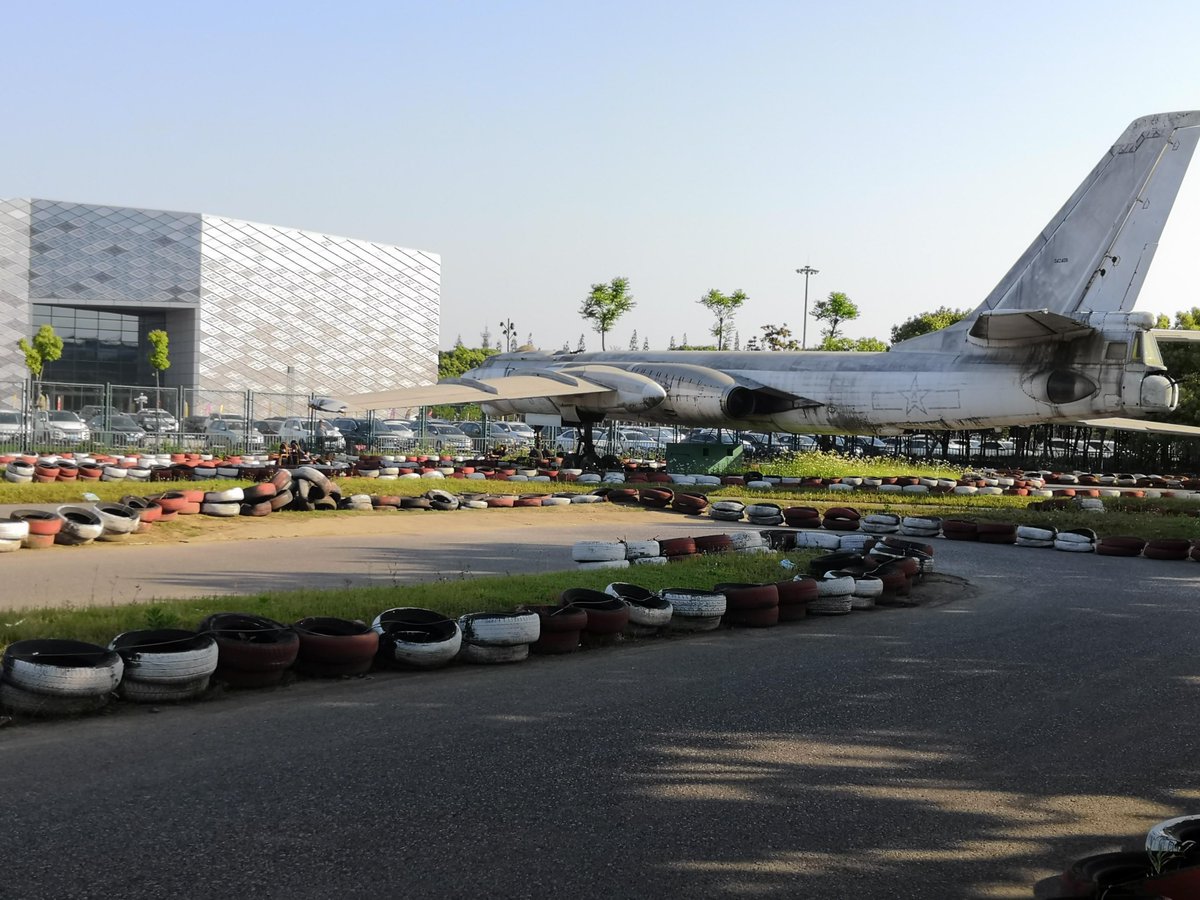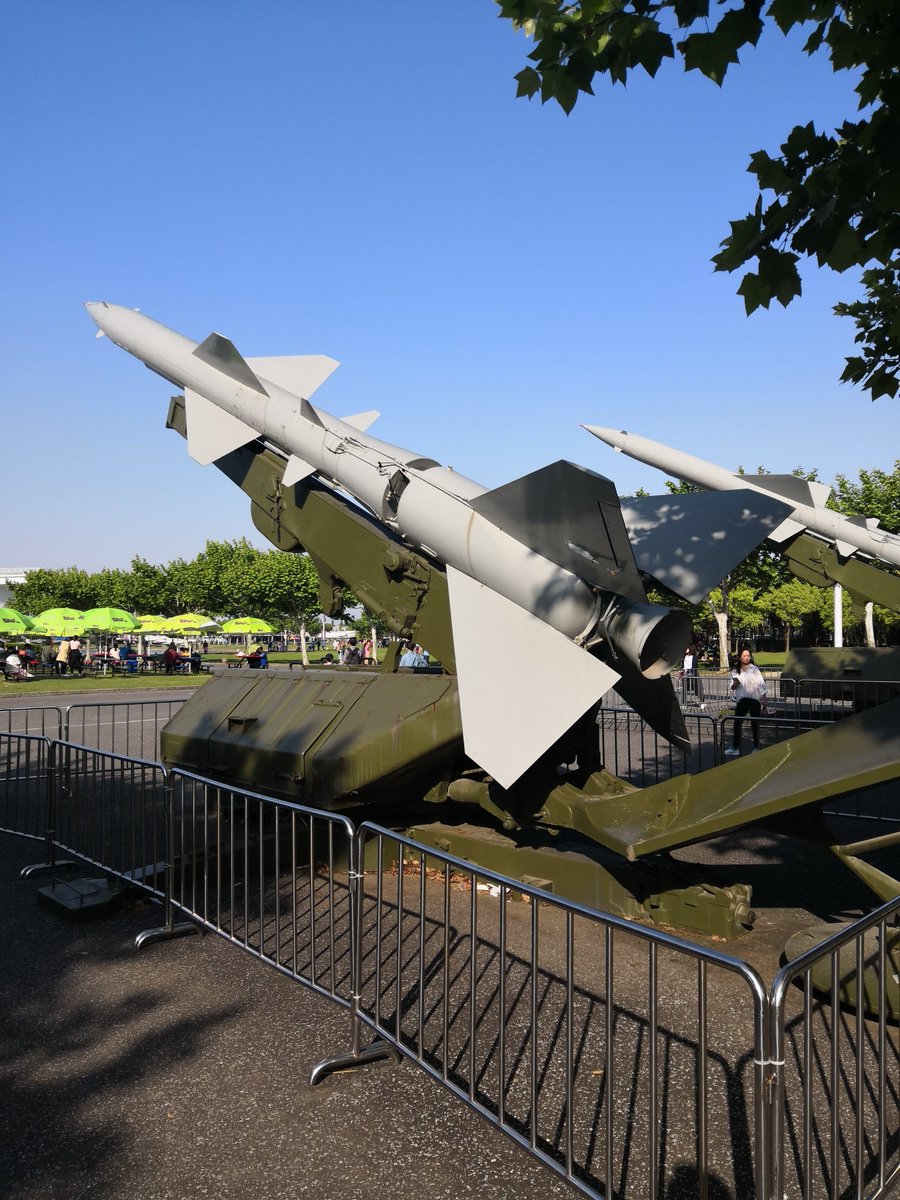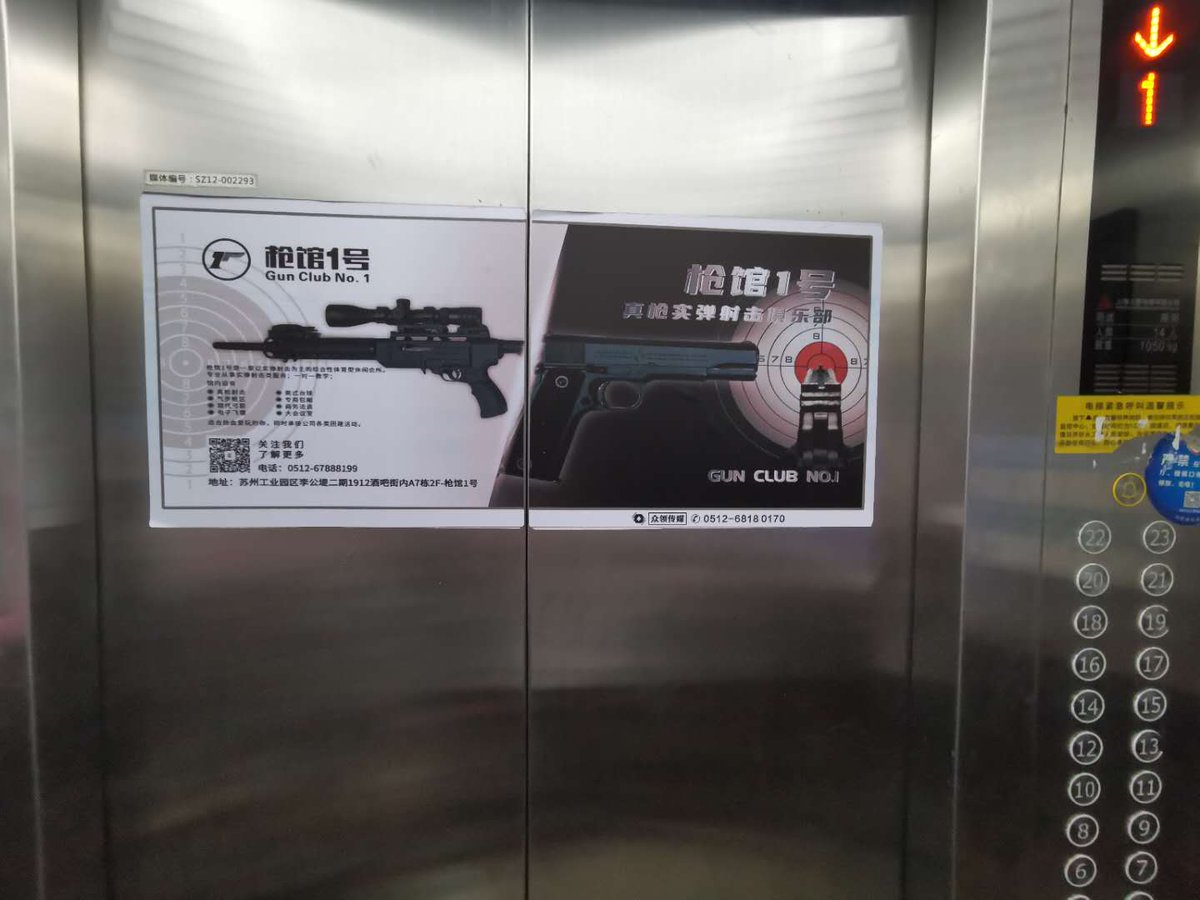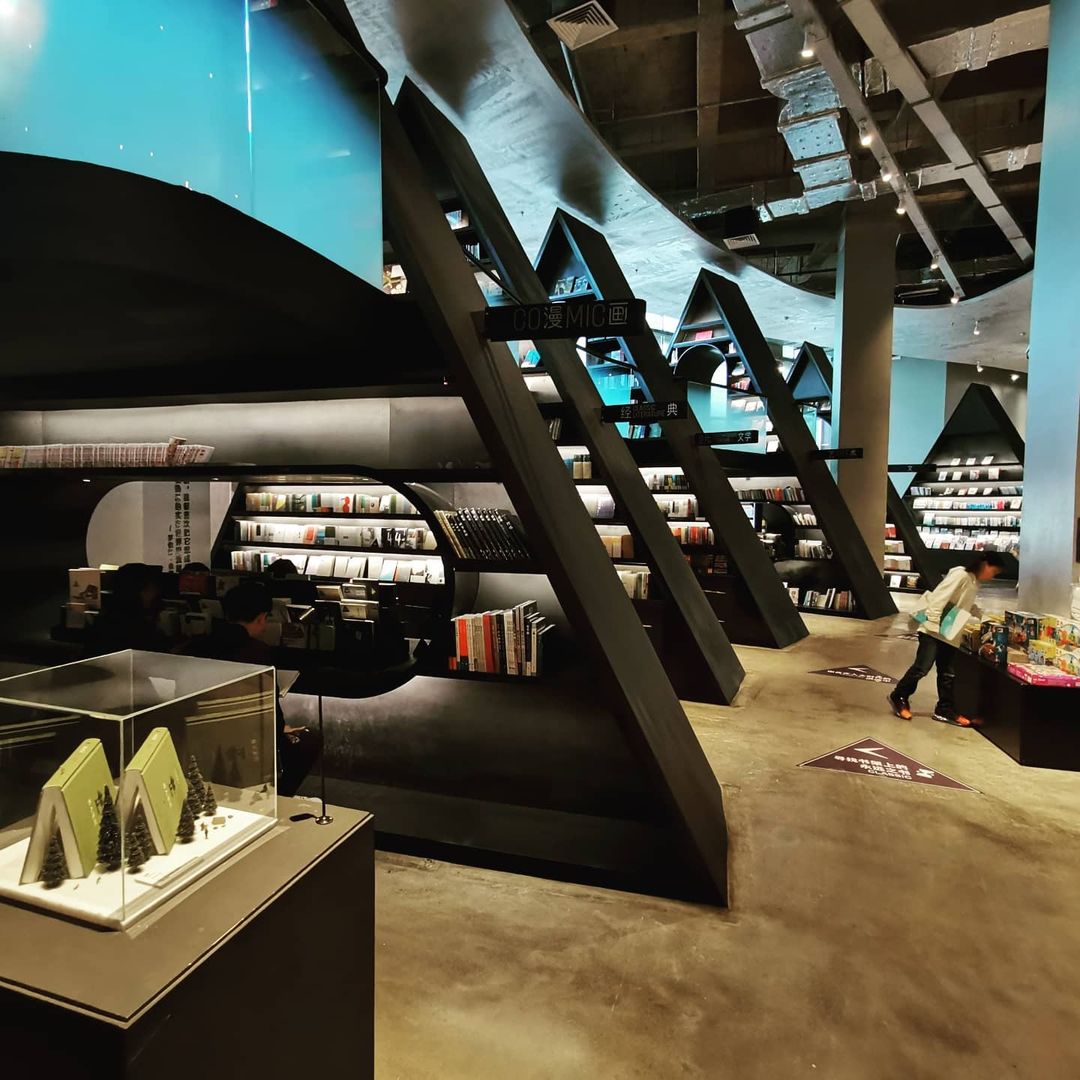Mini views into Chinese life. Anecdotal, generalizing, not-special, etc etc — simply my observations of life in Suzhou and Shanghai.
(To be expanded.)
(To be expanded.)
1 — Nearly every kid wears a special child smartwatch. They call their classmates and also their moms if they can play a bit longer.
2 — They also all know how to use iPads and voice commands for smart speakers or in cars. They’ll ask smart speakers to tell a Peppa Pig story before bedtime or help with homework (calculating).
3 — Chinese kids have insane homework pressure. Primary school’s from 9-16, after that they can play for an hour, after that at least two hours homework. Saturday/Sunday also 2-3 more hours of additional class which their parents book outside of school. Probably maths of English.
4— Because Chinese children study so hard, they don’t need to help in household chores. Hence some may say they’re a bit spoiled. But I see it as just a different set of responsibilities.
5 — Parents just want their kids to go to a good university. It's seen as a 15 year process — and for many that’s more important than whether kids have playtime or not.
6 — Teachers further stimulate this. I don't remember getting certificates for being the best of the class (I probably never was). But Chinese kids come home every month with certificates for perfect scores or being the class top 3 on a test, which the parents save in a folder.
7 — Growing up as a child in a Chinese city is very different from my tiny Dutch hometown. No forests nearby here. Just a playground. But always supervised by your parents or grandparents who are extremely protective.
8 — A big part of Chinese senior citizens are very healthy & active, from playing mahjong in the park to square dancing in the morning or evening. Very wholesome. They'll also head to the park to play instruments together. Whereas another big part is just glued to the TV all day.
9 — Most Chinese senior citizens live together with one of their children. When a Chinese couple marriages, usually the parents (of the male half) move in. They take up a lot of cleaning/cooking/taking care of the baby duties while the parents work.
10 — In the Netherlands everyone makes their own lunch, at home or in the office. In China everyone eats out for lunch, either street food, a basic eating place, or has it delivered. All cheap & fast. Microwave meals from FamilyMart are popular, but they're still OK.
11 — Foreign English teachers make up to 2/3 times as much as Chinese ones. Parents want foreigners because they think they make better teachers. Some really do, but many don't. Lack the background or future plan to do. Accent aside, most Chinese English teachers are way better.
12 — Chinese are hard-trusting. E.g, ordering orange juice, someone would say “Don’t add water please, I don’t know what kind of water you guys use” or “Don’t buy non-brand products online, the plastic is cheap and unhealthy” or “Don’t order food, the restaurants use old oil.”
13 — I’ve never seen a newspaper anywhere in China except in Beijing.
14 — Chinese people love expensive stuff and brands. Gucci and Chanel are extremely popular. A student in a fashion school class said she picked a certain fabric just because it felt expensive.
15 — Chinese play mostly mobile games. Yeah there are gaming laptops, and consoles (in offices) but most play on the subway. Also girls play shooters such as PUBG. Lot of guys play Hearthstone or Honor of Kings.
16 — If you drive (a car or scooter) in China, be prepared to be cut off in your lane. Most Chinese just let it happen. You can stand your ground but then waste spend hours on insurance and repairs, even if it’s not your fault. But what’s the point.
17 — 99.9% of all scooters are electric. And there are dozens of sharing bicycles on every corner of the street. Very convenient and widely used.
18 — Most scooter drivers just cross red lights. If you do it with a car you’re going to lose your license fast (camera's will get you), but for scooters it’s OK somehow.
19 — Baidu (kinda Google) is more used as a Wikipedia. Every other search takes place in a respective app (music/food/activities/shopping/weather/etc).
20 — Not everything is *digital* ok. People put QR codes on sharing bicycles to promote their business. Online sellers put in promotional cards in delivery boxes.
21 — Life in factories is not as bad as you may think it is: clean and good lighting, with food provided. But days are hard, working from 8:00 to 20:00, 6 days a week.
22 — These ladies making clothes (for several European brands) were very cheerful. They said: "Our hands are occupied, but our mouths are free, so we talk and talk all day long. We know everything about each other."
23 — This lady had computer training and told: “I cut out photos of famous singers and wrap them around the paper weights I use.” She was the only person to add something of her own style in that environment of icy efficiency.
24 — Nearly all Chinese live in compounds, or 'small-districts', fenced-off areas. This one is a big one, and has ~30 buildings ranging from 16-24 floors, with playgrounds and greenery in between and a parking garage underground.
25 — Nearly every building has something on the top, either someone drying clothes, drying pepper, growing plants or keeping a dog (or all of it).
26 — This is a Suzhou Pingtan评弹 instrument with electric sounds.
28 — The countryside is more relaxing. This is Chen who works in the big city but grows grapes as a hobby (he insists we try grapes of every in a dozen shades from green to red).
29 — Many don't like working for a boss, and many who have savings spend it on opening their own coffee store or some other offline store. Many of these companies sadly are no match for high rents and competitors like Starbucks, and when their savings run out, their doors close.
30 — There is little religion in China, really. Some young people wear a cross, even less people attend church — which is held in office buildings, like meeting rooms like this one.
31 — Chinese love fresh food. Wet markets are really a part of Chinese culture, and they're not like what Western media make you think they are. If you know where to look you'll also find plenty of them in Shanghai.
32 — In summer, Chinese girls/ladies hold umbrellas or wear long sleeves not to tan — to stay cool but mostly not to tan.
33 — There's not a drinking culture like in Europe with cozy/old bars — instead it's much more modern, half-eating half-drinking places with live music and everyone seated on a table. These are more exceptions too — most Chinese (men) just drink alcohol during dinner.
34 — Basically everyone in Shanghai & Suzhou is Han Chinese. They can be racist towards their countrymen. I hear a lot that people from 安徽 (Anhui) park their cars like idiots or they’re low-educated. And they say a lot of prostitutes (both male & female) come from this area.
35 — There are a lot of fake pagodas and temples in China, but they’re just as much part of today’s culture as the old ones are/where. Chinese people don’t care and eagerly take selfies with them.
36 — Chinese are pragmatic in the way that monks can also wear Adidas socks and flip out their iPhones once their ceremonies are over.
37 — Chinese are seen as shy or indirect, but sometimes are extremely direct. Without doubt or shame they'll ask: "You married? Do you have babies? When do you plan to have a baby? Why wait? How much money do you make?"
38 — WeChat is used for work and private and it gives pressure to be always online, always ready. It’s difficult to leave home without a phone though, because you use it for paying and literally everything. A girl told me: “I like hiking because then I have no signal.”
39 — In new modern high-rise buildings (~25 floors), nobody really knows each other. But older neighbourhoods with low-rise streets are more cosy. In warm weather, it’s as if the living room expands outdoors, with clothes drying and plants and chairs being put on the street.
40 — Universities often supply dormitories (I guess is common in the US but not in the Netherlands). They’re strictly segregated on gender, boys cannot enter the girl’s compound. The first to have a boyfriend or girlfriend will get many curious questions from her/his roommates.
41 — Lots of small villages within 2 hours driving of bigger cities (e.g. Suzhou or Shanghai) seem to rely either on tourism (modern guesthouses) or small factories, in which half the village works, that create local dishes to be sold online. Like San Pellegrino but smaller.
42 — On filial piety: https://twitter.com/jaapgrolleman/status/1297417535772663809
43 — Not sure if on purpose (probably) but on the subway it’s so obvious who has money & who hasn’t. Gucci bag, Omega watch, glittery nails, iPhone 11 Pro Max, etc. And at the Nio charging station (charging 400K RMB/60K USD cars), people know they're very 'cool' and walk like it
44 — The highspeed train is affordable (33 RMB, 4 USD) from Shanghai to Suzhou) in 30 minutes (which is 80 minutes by car). It's also a political symbol in China for its progress. Many posters will have the typical aerodynamic white bullet-trains on it.
45 — The most progressive (the right word?) thing in China are private cinemas. A private room with a sofa or a real bed and a projector screen. Pay by the hour, and you can watch any movie you want — but I doubt watching movies is all people do there.
46 — Many young Chinese have 3 names. Their Chinese one by birth, English one, and an *online* name for apps. The English/online ones are pretty cool, like Hunter, Tricy, & Surk. Some picked names starting with an A, like Aaron or Ava, so they rank on top of everyone’s contacts.
47 — Delivery guys sometimes tap on the app that food has been delivered while it hasn’t, because if they're late they get a penalty. Eventually, the food arrives anyway. Many Chinese customers are understanding of this, because the work of a delivery guy is hard & dangerous.
48 — In fact, many Chinese are also very understanding when it comes to rude or noisy or messy people. They’ll say: “Ah, they have no education!”, or “Ah they’re from a rural place”, don’t mind them.
49 — The only exception I keep hearing is people from the Anhui province. If you’re from Anhui, whatever you do, it’s your fault, because you are from Anhui. Apparently, they all carry knives, kidnap kids, and double-park.
50 — I have never ever seen anyone wear a seatbelt on the backseat of a car.
51 — Food is important but never explained why. I also don’t know, but Chinese will literally drive an hour, or wait hours in line for a popular restaurant, ranging from 30 minutes to 3 hours. “There are many people, if you want something good, you’ll have to wait.” they’ll say.
52 — China has a kind of innocence towards war. There's a park in Shanghai with bombs, fighter planes and an aircraft carrier. Kids are also allowed to watch bloody war movies, and visit the memorial in Nanjing with photos of the deeds done by Japanese. Elevators have gun ads.
53 — Lots of stores are designed to be photographed/selfied, e.g. a bookstore with beautiful (but not so functional) shelves. Not even half the people actually come to buy books.
54 — To my knowledge, in the whole of Shanghai & Suzhou (37M people), there's not a single football store to buy eg. football shoes. You can only buy them at Nike/Adidas/Puma/etc stores respectively. I think because people don't trust third-party sellers to sell genuine products.

 Read on Twitter
Read on Twitter